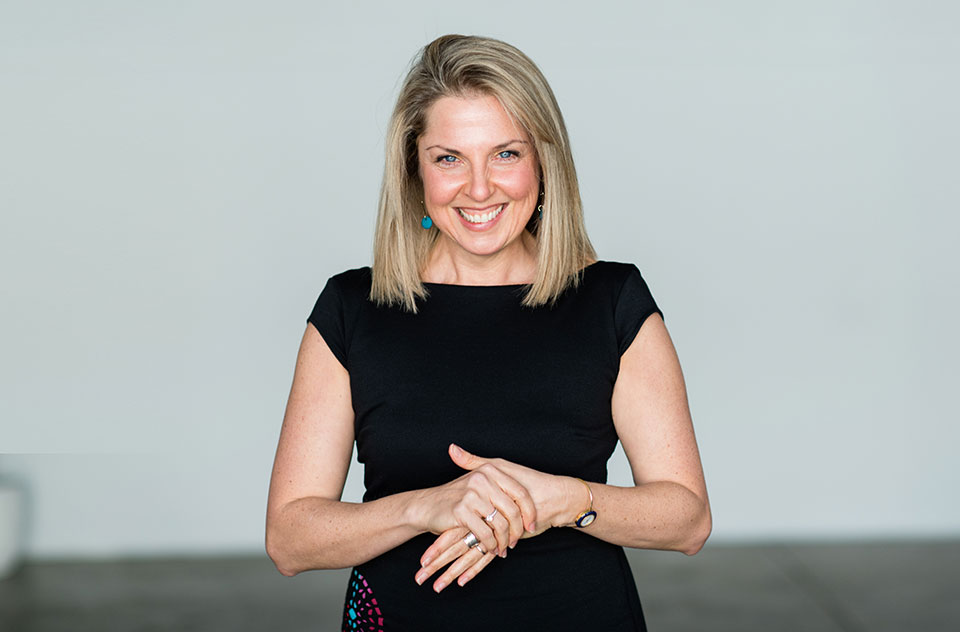Why trust is the currency of influence and how to create it

The power of trust is well known. And yet, when I am in a room with a team, examining ways to increase trust, most managers differ on their explanation of it. It is like love, you know when you have it, but difficult to describe. It is, in contrast, easier to see the impacts of having or not having trust both with our customers and with our internal colleagues.
Our market trust
Trust is the key to creating good brand perception. We know that our customer loyalty is the outcome of the trust that people feel to our company and our industry, products or services. Trust allows for an individual to know whether or not to sample the product or service because they feel safe in the sales process and safe enough to predict the quality of that service. We even know that when we make a mistake, how trust has the opportunity to be the key through which we are forgiven. The trust we create leads to powerful customer retention.
In contrast, when we have low trust with our company, industry, product or services, there will be little incentive for them to purchase or use us. The trust we build is measured by the influence we have with our customers.
Our leaders trust
The results are clear from the literature and clear from anecdotal evidence. When you reflect on your previous managers, or the difference between good leaders and bad leaders at work, trust will be the differing factor.
With our internal staff, trust gives us engagement. With that engagement comes a happier workforce, one that give their loyalty and service for longer. They are more resilient and more willing to take risks for us. They give more discretionary effort and performance increases. In other words, trust gives us the power to influence another person or a group of people.
In contrast, when we have low trust we have reduced opportunities to influence, reduced opportunities to lead people or teams.
Trusting our peers
The most powerful indicator of high performing teams is trust. Without trust, we do not share our resources, our ideas or our even our ears. We cannot focus on our collective goal when we focus more on our individual goals. Our success relies on us pulling together through trust. High achievers by default often find it difficult to trust others and when our work relies on collective intelligence we need to find a way to learn how to connect at a deeper level to master our relationships into trusting ones.
Myths of creating trust
In the keynotes and workshops that I run, I am constantly surprised that people see trust as happening in two ways. Firstly people state that trust is created over time. That the longer you know someone, the higher the opportunity to trust. Secondly, people attribute the creation of trust to something close to magic e.g.“We just clicked”. Both time and magic are myths in how we make trust happen and yet these pervasive beliefs make the deliberate action of trustmaking difficult for people to grasp.
Trust is an imperative not a nice to have
Creating trust is the sure way to increase our influence in our market, with our staff and with our peers. Our collective outcomes rely on us being able to build trust. The results from the research are clear, we create money by creating trust. And those organisations dedicated to helping our colleagues create it, come out on top. Here are the three prongs to my work with organisations wanting to create trust:
- Learn how to have courageous conversations safely. By steering away from conversations that are so emotionally charged (either in conflict or avoidance of conflict) we limit what we can do together. This is a skill that is learnable.
- Be trustworthy. There are specific things we can all focus on to create trust with those we wish to influence. We want to build the perception that we do what we say, when we say, that we are worthy of a deeper connection and that we are focused on others.
- Be trusting. There is no doubt that to trust involves risk. The risk of creating trust is that we must go first and that requires courage. Learning how to manage our feelings to maximise the risks involved in creating trust is essential.
Written by Dr. Amy Silver.
Bring the best of the CEOWORLD magazine's global journalism to audiences in the United States and around the world. - Add CEOWORLD magazine to your Google News feed.
Follow CEOWORLD magazine headlines on: Google News, LinkedIn, Twitter, and Facebook.
Copyright 2025 The CEOWORLD magazine. All rights reserved. This material (and any extract from it) must not be copied, redistributed or placed on any website, without CEOWORLD magazine' prior written consent. For media queries, please contact: info@ceoworld.biz








